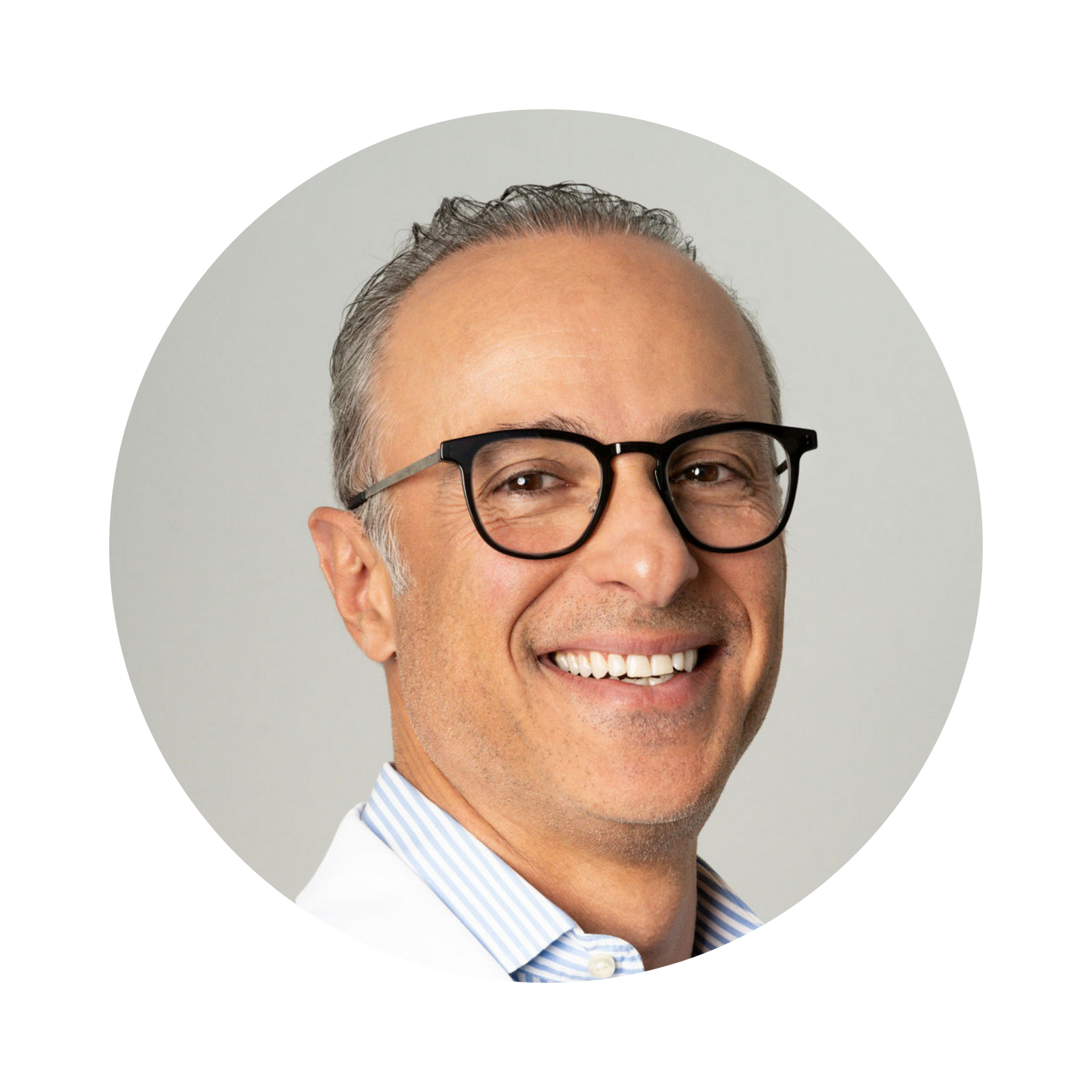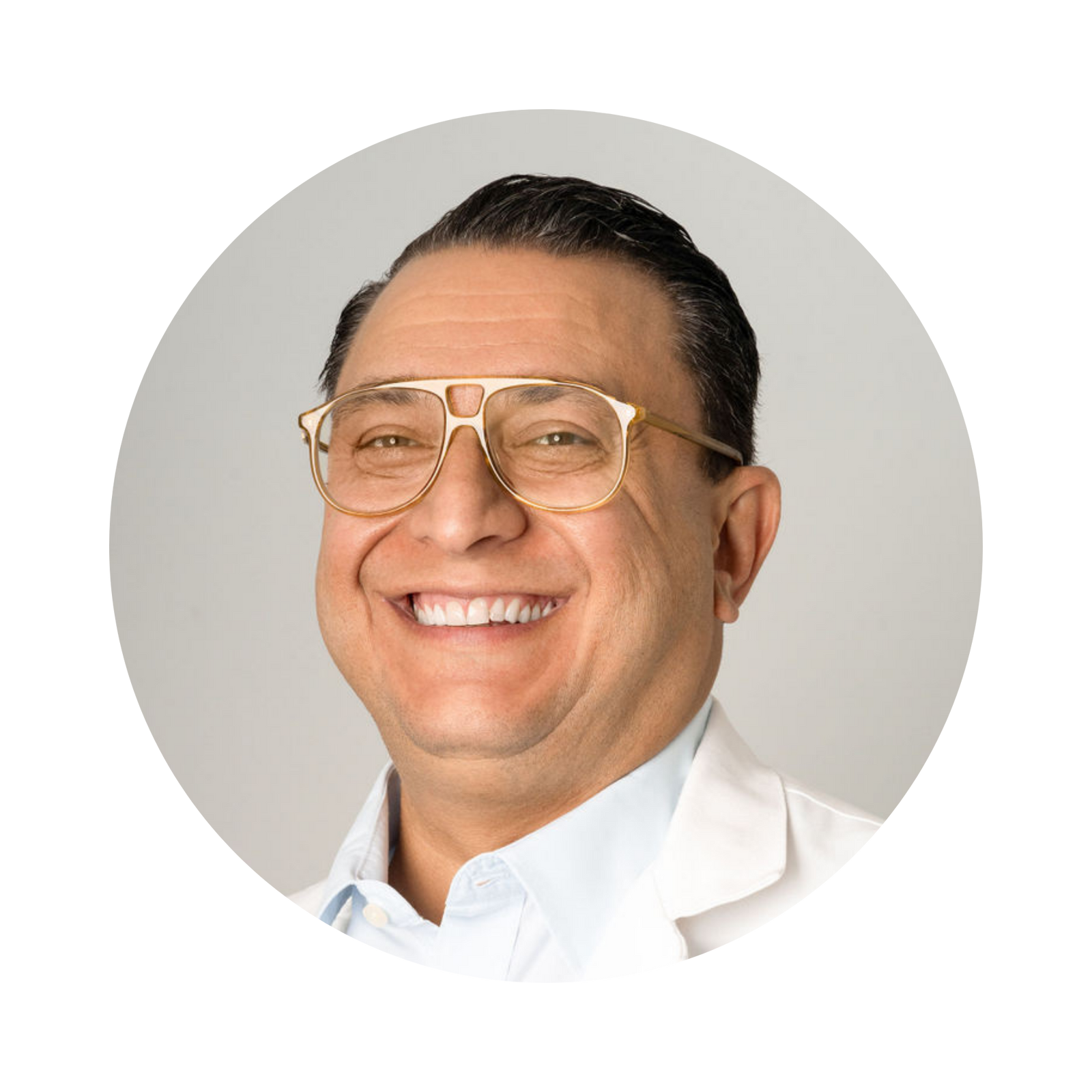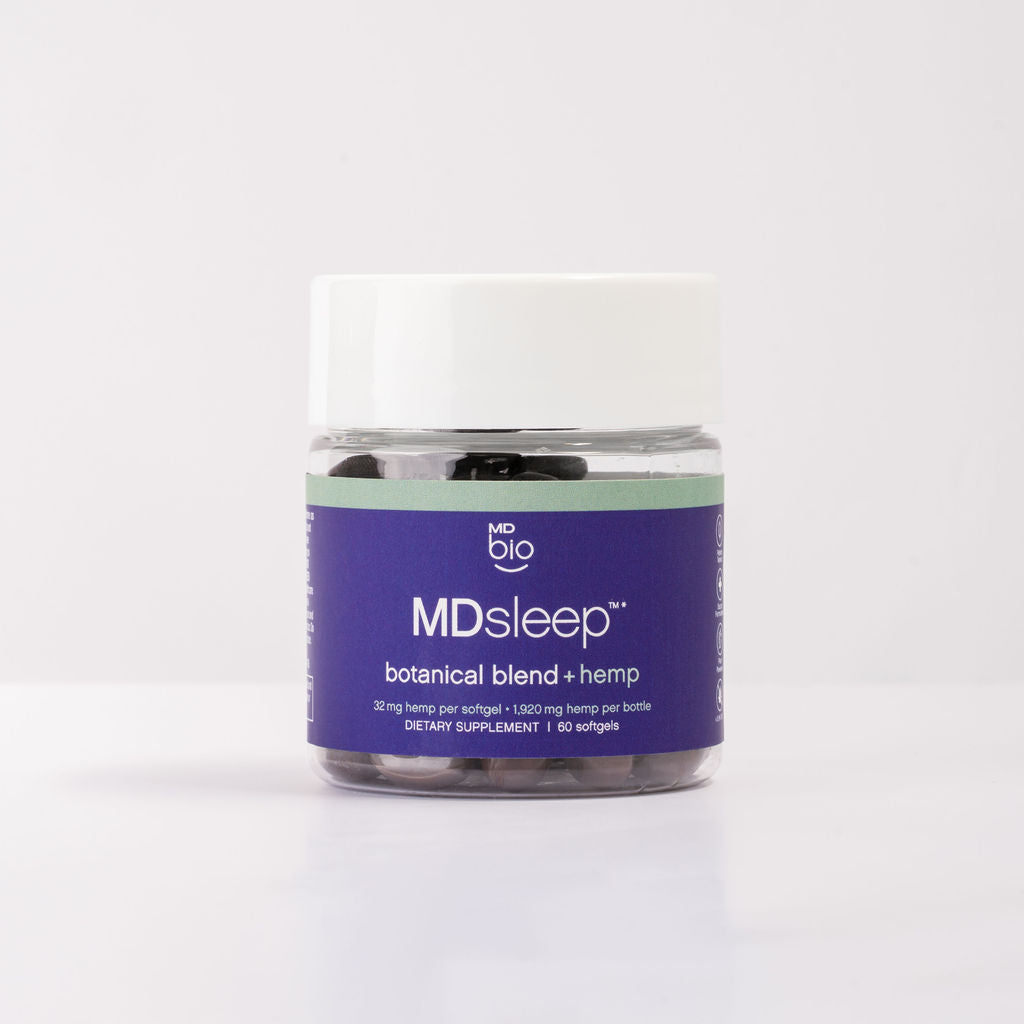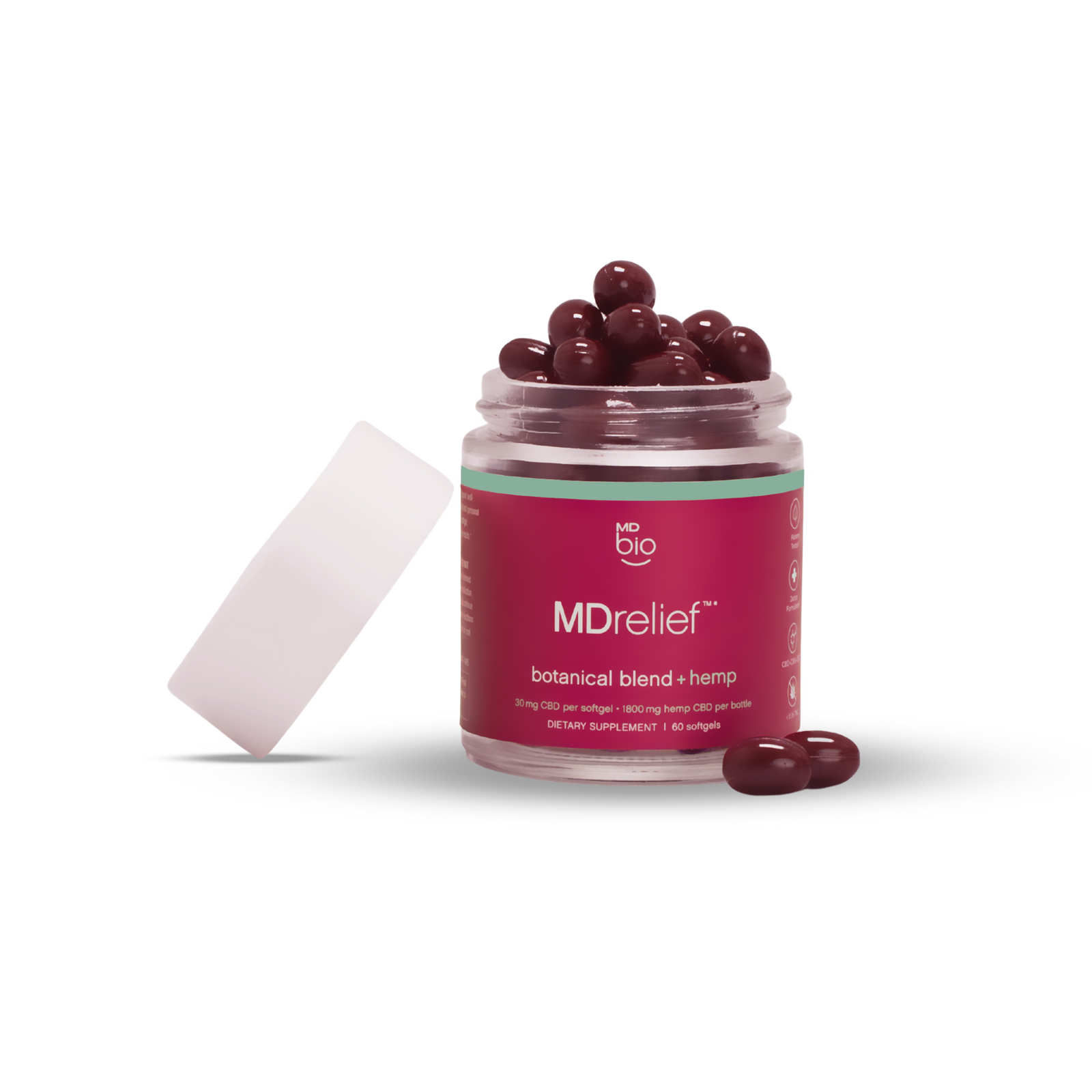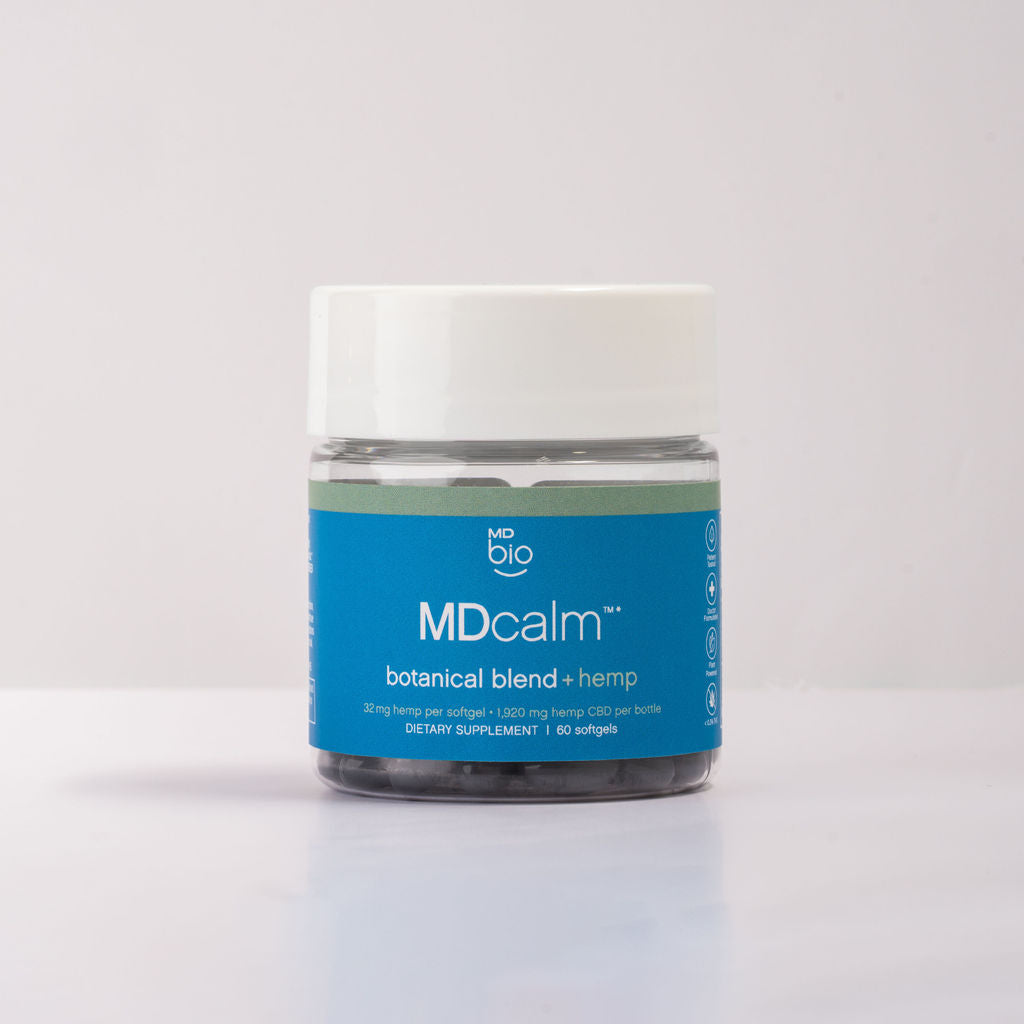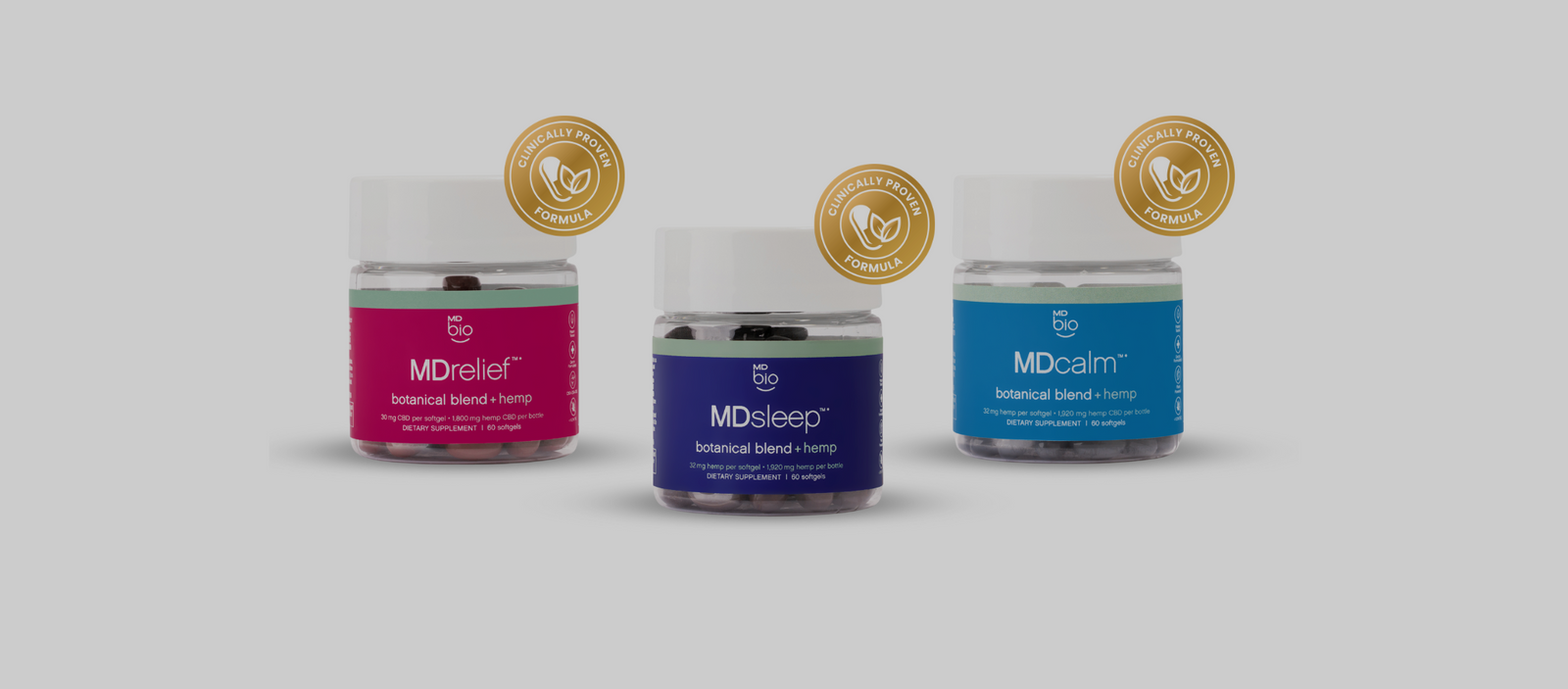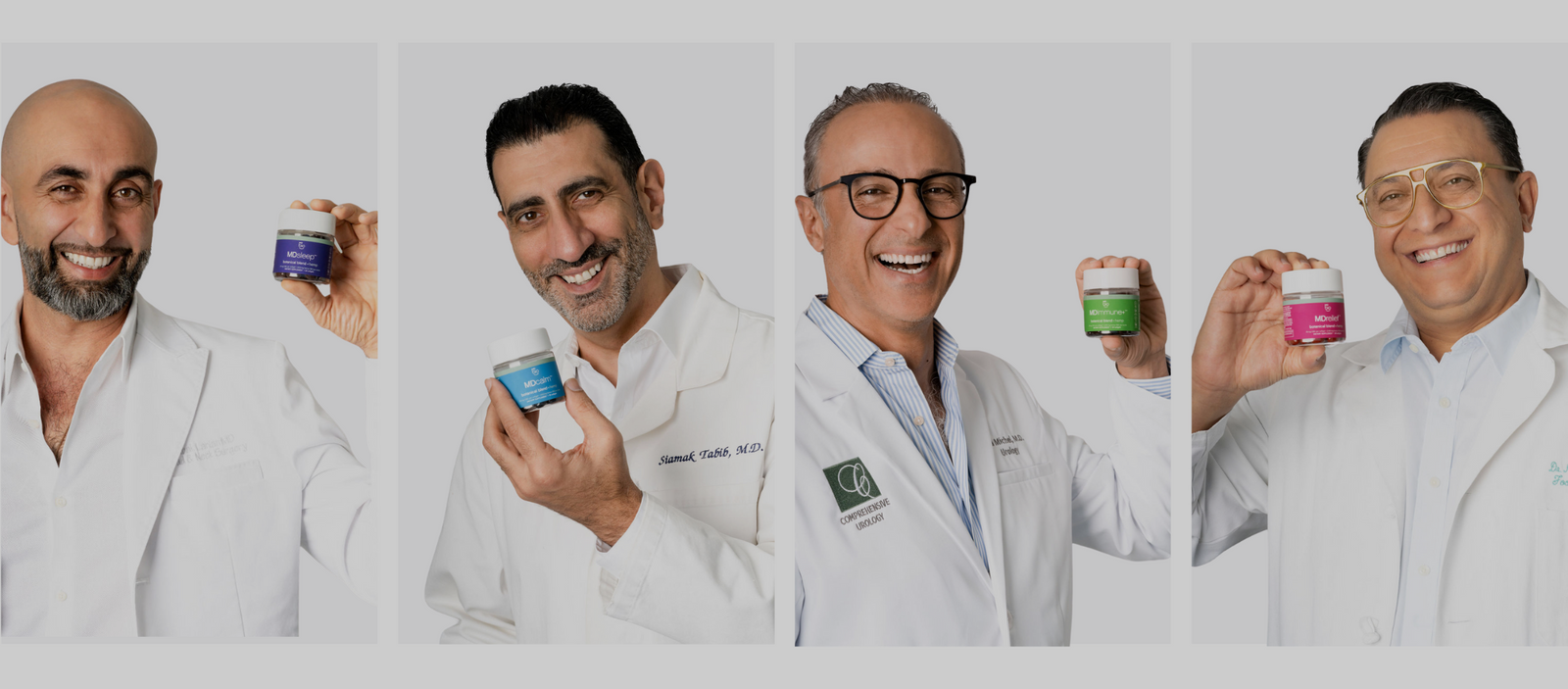
Dietary supplements are a fact of life for many Americans. From multivitamins to sleep aids, many people use supplements to help them stay healthy and deal with the stress of everyday life.
The U.S. Food and Drug Administration (FDA) is supposedly responsible for determining which products are safe for consumption. But wait – the FDA doesn't regulate most dietary supplements. What gives?
Our guide explains all you need to know!
- Why supplements regulated by the FDA are in short supply
- What supplement regulation means
- How to choose safe dietary supplements without needing FDA approval.
Let's get started.
What Does the FDA Regulate?
The FDA has a somewhat confusing role in the U.S. It's ostensibly in charge of ensuring that products designed for consumption are safe and don't use misleading information as a marketing strategy.
However, it's somewhat hamstrung by the fact that the FDA doesn't have the power to pass laws. It can only make recommendations to lawmakers – here's how it works.
Safe for Consumption
If a product is deemed unsafe for consumption, the FDA can recommend that lawmakers make it illegal. This was the case with ephedra, which was outlawed after several people died, and many more were hospitalized after ingesting the herb.
Supplements regulation tends to concern whether it's safe to eat before any other concerns. The FDA's authority is typically responsive – supplements regulation tends to ban a substance that has been proven to cause harm rather than because the agency believes it may be harmful.
What Does It Do? “Scientific Claims” Explained
Supplements regulated by FDA restrictions must use accurate information when describing their benefits. Any claims must be backed up by established and broadly accepted scientific proof for the product to become supplements regulated by FDA authorities.
Unregulated products, however, may make many unsubstantiated “scientific claims” without being penalized by the FDA. Oddly enough, this type of claim is more likely to be picked up by the Federal Trade Commission (FTC) than the FDA. Misleading “scientific” information is considered a breach of advertising standards. The FTC is a federal body with significantly more power than the FDA.
How Are Dietary Supplements Classified?
The FDA offers advisory notes on many dietary supplements. Common ingredients are outlined on the FDA website with potential health benefits and side effects described.
However, there are very few supplements regulated by FDA authorities. Most ingredients simply don't have enough peer-reviewed scientific research behind them to be described as “beneficial” in any proven sense.
Most supplements regulation uses the term “GRAS” to indicate that a product is probably not harmful. Let's talk about what this means.
What Does GRAS Mean?
GRAS means “generally recognized as safe.” This means the FDA can find no significant harm from ingesting the product in small quantities.
What the “GRAS” labeldoesn't mean is that a product does everything it describes. An ingredient may be generally safe for consumption, but if an untrustworthy marketer tells you it also cures cancer, that's a different story.
How supplements regulated by FDA authorities (or not) are sold today is primarily thanks to a piece of legislation known as DSHEA. Here's what you need to know.
The Dietary Supplements Health and Education Act of 1994 (DSHEA)
This legislation defines supplements regulation for the FDA. It explicitly prohibits products from advertising themselves as being able to treat diseases without scientific proof – but doesn't cover other possible “health benefits.” This allows supplements to advertise themselves as offering certain benefits without FDA regulation.
This can be a good thing – supplements may have benefits reported by an overwhelming number of users but lack the peer-reviewed scientific research needed for full regulation. This gives easier access to millions of Americans without a potentially beneficial product (e.g., lavender or hemp) being hampered by the need for conclusive scientific evidence proving that they carry health benefits.
Burden of Proof
The burden of proof that a product is harmful rests on the FDA. The number of supplements on the market today is so vast that this job is difficult – the administration typically responds to reports of harm caused by a product. It doesn't have the scope to examine every product before it hits the market.
How Do I Know if a Non-FDA-Approved Product is Safe?
Supplements regulated by FDA authorities may often have beneficial properties. Missing the agency's “green stamp” and full regulation doesn't mean that a product is unsafe or doesn't have health benefits.
Below we outline what you should look for in unregulated products to ensure they're safe.
Check the Ingredients
Health supplements often combine several ingredients. The best advice is to check the ingredient list and research each ingredient independently. This will let you know if there's anything with potentially harmful properties included in the recipe, as well as help you understand the individual benefits of each ingredient.
Checking the ingredients is also the best way to protect yourself against allergies or dietary restrictions. For example, some capsules use gelatin, which isn't suitable for vegetarians or vegans. Always check the label.
Developed by Medical Professionals
If a product has been developed by qualified medical professionals (i.e., doctors), it's much more likely to be safe for consumption. It's also more likely to do what it says it does, as doctors have high standards for effective treatments.
What Does it Claim to Do?
Check if the supplement you're buying makes unrealistic claims. If it seems too good to be true, it probably is. While properties like helping with restful sleep and reducing anxiety might be fair claims for herbal remedies, stating that something outright treats disease without proper scientific backing is a warning sign.
Final Thoughts
Understanding how the FDA regulates supplements is key when choosing the best products to improve your health and wellness. Don't trust over-the-top claims. Check the ingredients.
Above all, understand that “not regulated by the FDA” doesn't mean a product is harmful or doesn't do what it says it does. Check out independent articles that demonstrate the benefits of health products and make an informed decision.

